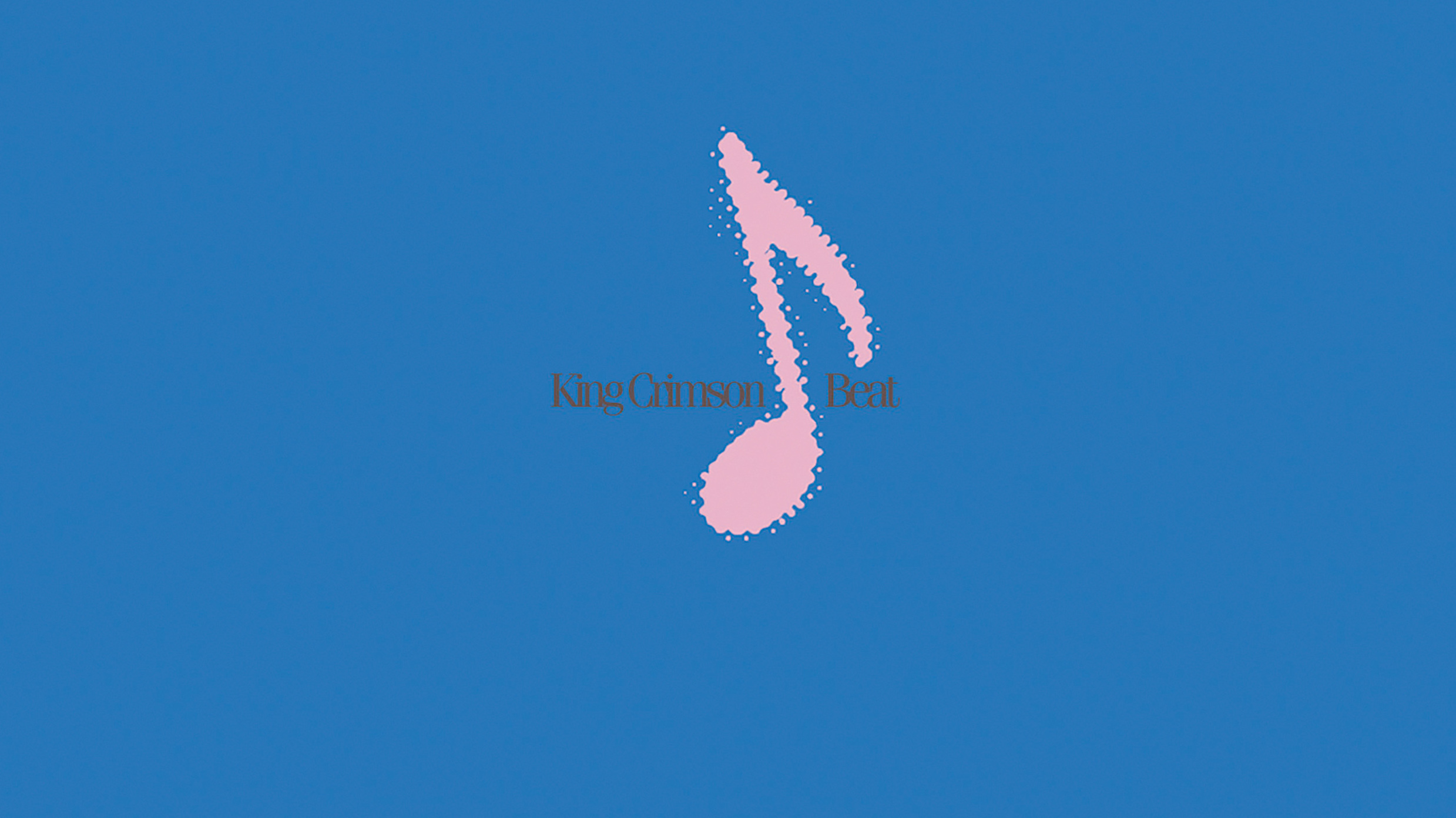King Crimson’s 1970s work was always a balance between crafted songs, more severe formal compositions and improvisation. Many people were introduced to the group in the 1980s – Three Of A Perfect Pair broached the UK top 30 in 1984 – and by then that balance had shifted so that its more user-friendly aspect was the sleekly fashioned post-New Wave songs sung by Adrian Belew over bright, interwoven guitar lines and with Bill Bruford playing some electronic percussion. From 1982, Beat contains some Talking Heads-y pop, the fidgety, jumpy Neurotica, a more acerbic track in The Howler and an extended version of Requiem, which moves from ambient still life to loopy improv.
This imbalance, which at times found King Crimson sounding like two completely different bands, is more marked on Three Of A Perfect Pair. It starts off with a series of Belew songs including the surprise club favourite, Sleepless, and after the moody instrumental Nuages (That Which Passes Like Clouds), proceedings veer off into the semi-improvised Industry, the free form Dig Me with its Belew recitation, and end up with the knuckle busting guitar lines of Larks’ Tongues In Aspic Part III.
Here Fripp’s playing ends up harsh and metallic, but elsewhere hearing a player with the most individual guitar sound on the planet putting it through his “devices” and it coming out like a rather unattractive synth feels like a failed experiment. The extra tracks on this 40th anniversary edition are equally disparate, including the rather daft a capella, The King Crimson Barber Shop (also heard on the 2001 remaster) and the gnarly 16-minute improvisation Industrial Zone C. With hindsight it feels like King Crimson were striving to get the stylistic balance they achieved on Thrak a decade later. The career-spanning live sets of the current incarnation of Crimson don’t include anything from these albums, which rather tells its own story.

